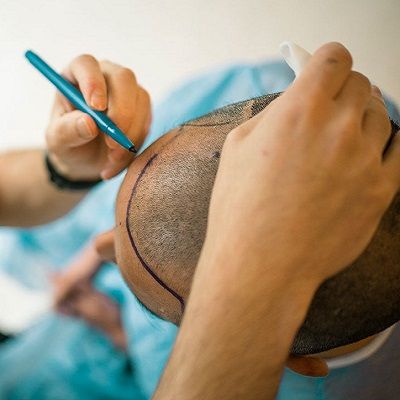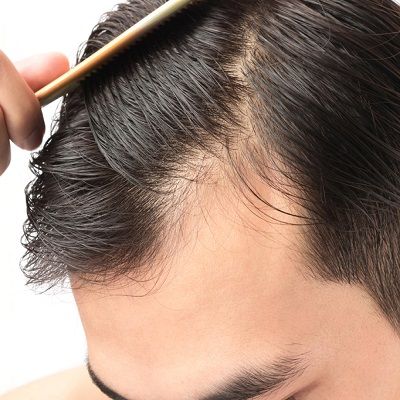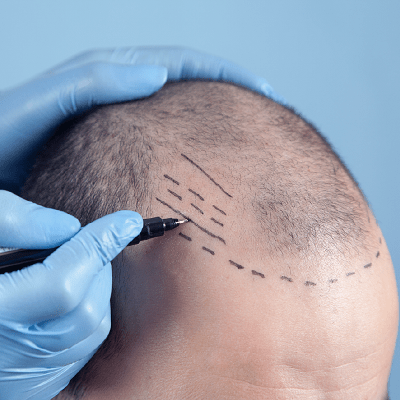
Hair transplantation is a well-known and successful strategy to restore hair in areas of hair loss or thinning. Similarly, with any surgery, recovery is an extremely important part of achieving ideal results. Good judgment and consideration during the recovery process can help ensure a smooth healing process and promote solid hair growth. In this article, we will explore eight top tips for a meaningful recovery after a Hair Transplant in Dubai. By following these tips suggested by our experts, you can speed up your recovery and enjoy the benefits of your newly transplanted hair.
The Top Tips after a Hair Loss Replacement Technique:
Following are some of the tips our team of specialists has summarised for a better understanding of our candidates. It explains all the dos and don’ts so your focus is important!
1. Follow Post-Employment Instructions:
After the strategy, your specialist will provide clear post-employment instructions. These may include focusing on the transplanted area, taking medications, and avoiding exercises. Following these rules will ensure an almost smooth recovery.
2. Keep your Scalp Clean:
A perfect scalp is essential for disease prevention and healing. Wash the vertebra gently with a mild detergent and lukewarm water according to the specialist’s instructions. Try not to rub the scalp too hard to avoid loosening the bandages.
3. Try not to Touch or Scratch the Transplanted Area:
Avoid the temptation to touch or scratch the transplanted area as this can disrupt the unions and increase the risk of disease. If you are prone to stinging, consult your specialist for sensible remedies.
4. Protect your Scalp from the Sun:
Direct sunlight can damage the healing system and cause sunburn on the scalp. Protect your scalp by wearing a hat or high-SPF sunscreen when outdoors.
5. Rest, Rest and Rest:
Rest and avoiding strenuous exercise is key to proper recovery. Get some much-needed rest or regular exercise to help your body recover. Avoid walking around, lifting heavy objects, and other exercises that can increase blood flow to the scalp.
6. Avoid Alcohol and Smoking.
Both alcohol and smoking can block the healing system and, of course, blood. to the scalp. Avoid these substances for seven days after your hair transplant or as directed by your specialist.
7. Stay Hydrated and Follow a Healthy Diet:
Stay hydrated and have a moderate food intake. and supplements can support the regenerative system and promote Hair Growth. Food sources that contain a lot of protein, nutrients A, C, and E, and iron are especially beneficial.
8. Check for Signs of a Problem:
While most hair transplants go smoothly, it is important to identify complications such as contamination, extreme discoloration, or expansion. Contact a specialist immediately if you notice annoying side effects. Hair transplant recovery can vary from person to person depending on many factors.
Main Factors That Can Affect Recovery After Hair Transfers:
1. Age and Well-being:
Younger and mostly healthy people recover faster due to better repair capacity. Previous medical problems can slow recovery.
2. Scalp Condition:
The overall condition of the scalp, including its health and elasticity, can affect healing. Healthy skin heals faster and more truly.
3. Adhere to Quality:
The quality and suitability of transplanted joints are an important part of the healing cycle. Healthy joints that are carefully treated during the system often heal better.
4. How the System Works:
The knowledge and experience of specialists play a big role in recovery. Precise, minimally invasive procedures promote faster recovery and better results.
5. Aftercare Considerations:
Following professional aftercare instructions is important for a speedy recovery. Adequate care, including keeping the scalp clean and following medication prescriptions, can help prevent contamination and damage.
6. Lifestyle Decisions:
Lifestyle choices such as smoking, drinking alcohol, and anxiety can affect recovery. Healthy trends and stress in leaders support faster recovery.
7. Nutrition:
A sensible diet rich in nutrients, minerals, and proteins is essential for recovery. Patching defects can restore the repair system.
8. Pollution:
Dangerous diseases can completely slow down recovery. Maintaining legal cleanliness and sanity can limit this gamble.
9. Swelling and Irritation:
Some swelling and irritation are typical after a hair transplant, but excessive amounts can delay recovery. Informed decision-making and the use of recommended prescriptions can help manage these side effects.
By considering these variables and following a professional’s instructions, you can ensure a smooth recovery after a hair transplant.
Conclusion!
An effective hair transplant can improve your self-confidence and improve your appearance. By following these eight quick recovery tips, you can maximize the benefits of your method and appreciate strong, thriving hair. Talk to our Specialists for tailored advice and insights to ensure the ideal outcomes. For follow-up appointments after a hair transplant in Dubai please call on our toll-free number today.











